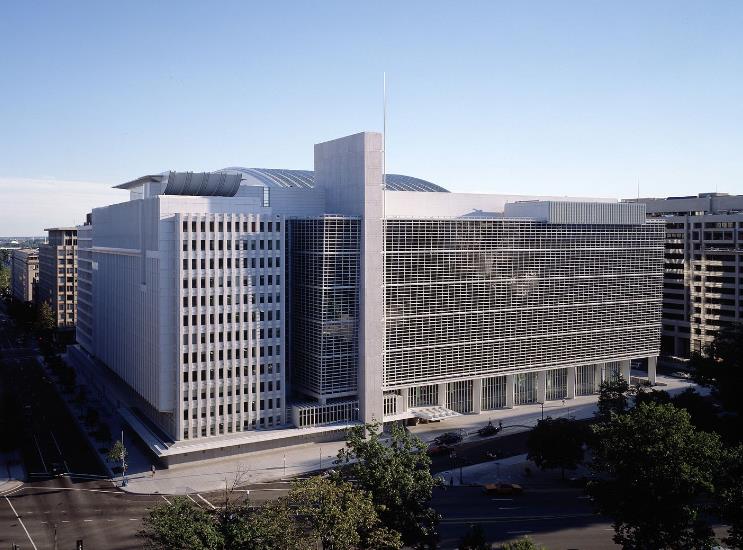
The World Financial institution just lately launched a report that takes an in-depth take a look at using blockchain know-how in infrastructure tasks similar to roads, energy vegetation, and renewable power tasks.
The Middle for International Infrastructure estimates that there will likely be a $15 trillion funding hole for infrastructure tasks between 2018 and 2040. Annual infrastructure spending is round $3-4 trillion, a big a part of which is borne by governments.
Blockchain might help infrastructure tasks in two other ways. First, it will possibly assist bridge the funding hole by tokenizing infrastructure securities, whether or not within the type of debt or fairness.
Leveraging blockchain has the potential to cut back issuance prices, though specialised instruments are nonetheless wanted for this. The second utility is to leverage blockchain transparency for funds administration of infrastructure tasks. This consists of sharing buy order and bill information between contractors and contractors, with the aim of minimizing potential disputes.
The report recommends that the World Financial institution think about launching a proof-of-concept mission to assist drive monetary regulatory transformation and play a management function in blockchain know-how. Furthermore, he’ll acquire first-hand expertise interacting with the “cryptocurrency ecosystem”.
Infrastructure tasks are important for financial development and social growth. Nevertheless, conventional funding fashions usually wrestle to fulfill the massive funding wants. The World Financial institution’s exploration of blockchain know-how on this space goals to handle these challenges and open up new alternatives.
The tokenization of infrastructure securities has the potential to draw a wider vary of buyers and facilitate extra environment friendly and clear fundraising. By changing infrastructure property into digital tokens, buyers can get hold of fractional possession and liquidity, rising accessibility to historically illiquid asset lessons. Moreover, using good contracts on the blockchain can simplify the execution of agreements, automate processes, and construct belief between stakeholders.
The advantages of blockchain transcend funding mechanisms. The inherent transparency and immutability of blockchain know-how can revolutionize mission administration and accountability.
By recording all transactions on a shared, decentralized ledger, stakeholders have entry to real-time, verifiable information. This transparency uncovers inefficiencies, reduces corruption, and strengthens general mission governance.
Though blockchain know-how provides promising options, challenges stay. Scalability and interoperability are main hurdles that should be overcome to accommodate the complexity and quantity of infrastructure tasks. Moreover, making certain compliance with regulatory frameworks and information privateness requirements is crucial for widespread adoption.
DISCLAIMER: The data supplied by WebsCrypto doesn’t characterize any funding suggestion. The articles printed on this web site characterize private opinions solely and don’t have anything to do with the official place of WebsCrypto.